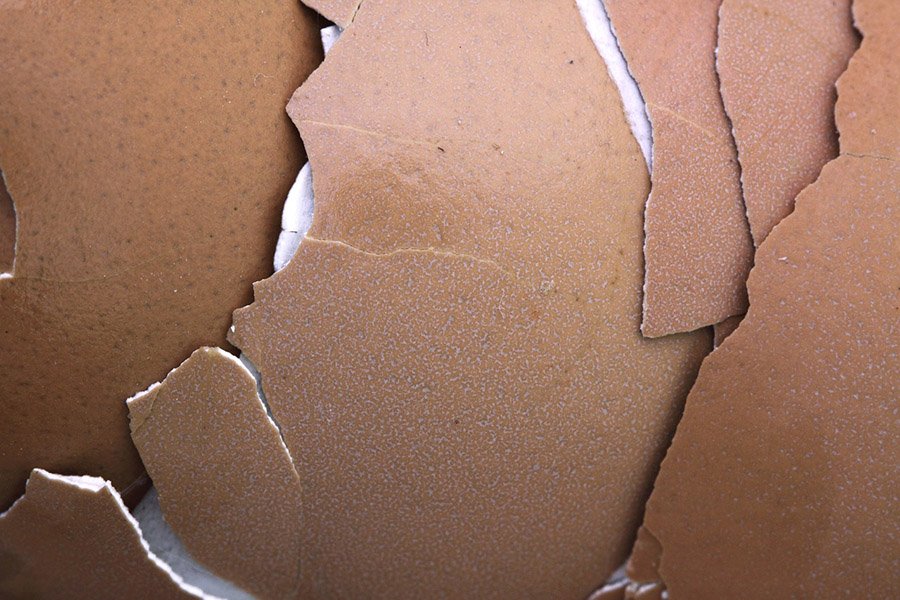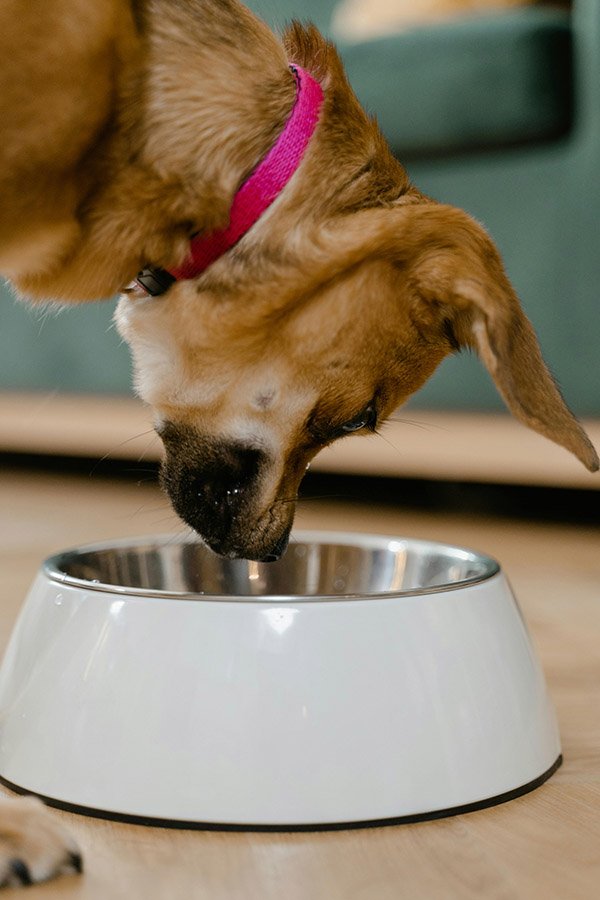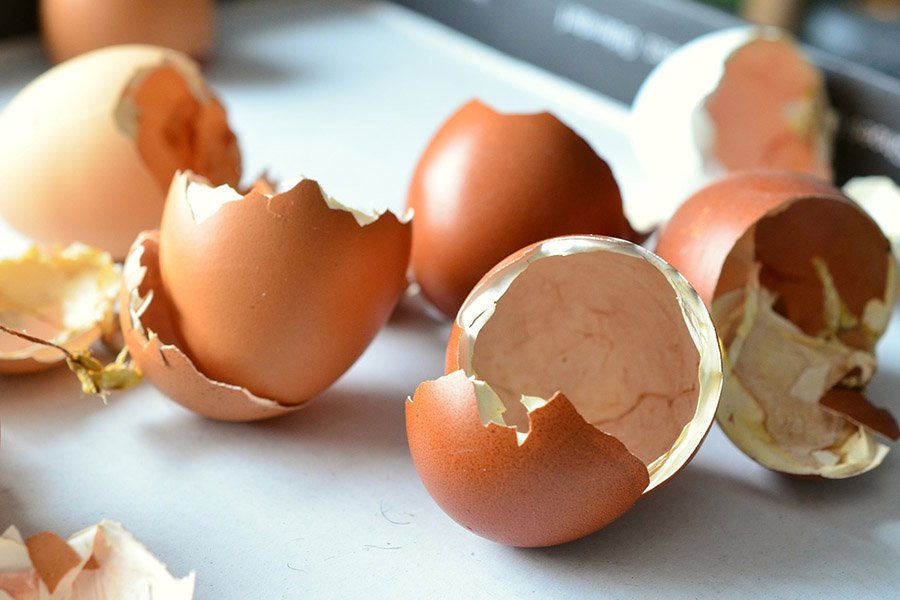Eggshells are often overlooked as a potential dietary supplement for dogs, but many dog owners are curious whether they can be safely fed to their pets. In this article, we’ll explore the benefits and risks of feeding eggshells to dogs, along with tips on how to safely prepare them.
We’ll also answer common questions and provide guidance on how to incorporate them into your dog’s diet.
Are Egg Shells Good for Dogs? Nutritional Benefits
Eggshells are primarily composed of calcium carbonate, which makes them an excellent natural source of calcium for dogs. Calcium is essential for maintaining strong bones and teeth, supporting muscle function, aiding in blood clotting, and contributing to overall wellness.
Additionally, eggshells contain other valuable minerals such as magnesium, phosphorus, and small amounts of collagen and glucosamine, which can be beneficial for joint health.
For dog owners who prefer natural and cost-effective supplements, eggshells can be a great addition to their pets’ diets. By using eggshells, you can provide your dog with the necessary calcium without relying on commercial supplements. This is particularly useful for those who prepare homemade dog food and need to ensure their dog is receiving a balanced diet.

Risks and Precautions
While eggshells offer several benefits, there are some risks associated with feeding them to dogs. First and foremost is the risk of choking if the eggshells are not properly prepared. Whole or large pieces of eggshell can be difficult for dogs to chew and swallow, posing a choking hazard. To prevent this, eggshells should always be ground into a fine powder before being added to your dog’s food.
Another concern is the potential for digestive issues. Some dogs may experience discomfort or digestive problems when first introduced to eggshells, especially if they are fed in large quantities. It’s important to start with small amounts and monitor your dog’s reaction before gradually increasing the dosage.
Bacterial contamination is another risk to consider. Raw eggshells can carry harmful bacteria like Salmonella, which can cause serious illness in both dogs and humans. To minimize this risk, it’s crucial to thoroughly wash and cook the eggshells before feeding them to your dog.
Lastly, feeding too much calcium can lead to health issues such as hypercalcemia, which can cause kidney stones and other problems. It’s essential to feed eggshells in moderation and consult with a veterinarian to ensure your dog’s calcium intake is balanced.
How to Safely Prepare and Feed Eggshells to Dogs
To safely incorporate eggshells into your dog’s diet, follow these steps:
- Cleaning: Start by thoroughly washing the eggshells to remove any dirt or contaminants. This step is crucial to avoid the risk of bacterial contamination.
- Cooking: Bake the cleaned eggshells in the oven at 300°F (150°C) for 5-7 minutes, or boil them for 5-10 minutes. This process kills any bacteria and makes the eggshells safe for your dog to consume.
- Grinding: After the eggshells have cooled, grind them into a fine powder using a blender, coffee grinder, or food processor. This ensures that the eggshells are easy for your dog to digest and reduces the risk of choking.
- Serving Suggestions: Mix the eggshell powder with your dog’s regular food. Start with a small amount—no more than a teaspoon per day for a medium-sized dog—and gradually increase the quantity if your dog tolerates it well. Always consult your veterinarian for personalized advice on the appropriate amount of eggshell powder for your dog.

Alternatives to Eggshells
If you’re not comfortable feeding eggshells to your dog, there are other sources of calcium available. Commercial calcium supplements specifically designed for dogs are widely available and offer a convenient alternative.
Natural sources of calcium such as bones, dairy products (like yogurt and cheese), and certain vegetables (such as kale and broccoli) can also be included in your dog’s diet.
Frequently Asked Questions
Are Eggshells Safe for Puppies?
es, but in small amounts. Puppies require more calcium for growth and development, but their smaller digestive systems need time to adjust. Always consult with your veterinarian before introducing eggshells into a puppy’s diet.
Can Eggshells Cause Allergies?
Although rare, some dogs may have an allergy to eggs or eggshells. Symptoms of an allergic reaction include itching, hives, swelling, vomiting, or diarrhea. If you notice any of these signs, discontinue feeding eggshells and consult your veterinarian.
How Often Should Eggshells Be Fed?
Eggshells should be fed as an occasional supplement, not as a primary source of calcium. For most dogs, a small amount—no more than a teaspoon of eggshell powder per day—is sufficient. Again, it’s best to consult with your veterinarian to determine the right amount for your dog.
Conclusion
Eggshells can be a beneficial addition to your dog’s diet when prepared and fed properly. They provide a natural source of calcium and other essential minerals, supporting bone health and overall wellness.
However, it’s important to be aware of the risks, such as choking hazards, digestive issues, and bacterial contamination. By following the recommended preparation steps and consulting with your veterinarian, you can safely incorporate eggshells into your dog’s diet as part of a balanced approach to their nutrition.
Always remember that while eggshells can be a useful supplement, they should not replace a well-rounded diet that meets all of your dog’s nutritional needs








